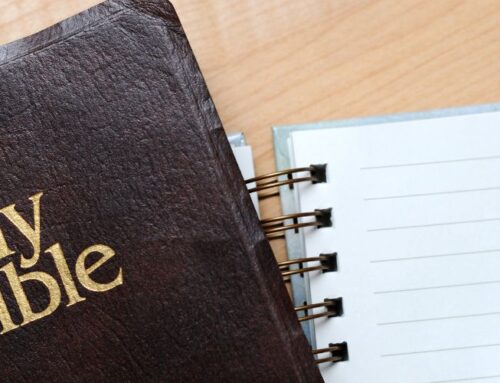Forgiveness. That’s it. Forgiveness is the remedy to your doubts about your role as a father. In this post we will talk about the 3 people you should seek forgiveness from.
I hope the concept of forgiveness doesn’t sound foreign to you, but unfortunately, it does to some. Too many in our ranks never heard their own fathers apologize or ask for forgiveness.
Forgiveness is the way forward; the path to transforming into the father you want to be.
If you never heard your father apologize, you can break the chain. Teach your own child what an apology sounds like; teach them the value of a repentant heart.
To climb out of your failure, you need to seek forgiveness from three people. Let’s talk about the first one now.
In case you need a refresher, I previously wrote about Why our expectations are wrong and how to fix them and Faulty fixes you should avoid at all cost.
Manhood Journey created several Field Guides to help you with other topics you may struggle with.
Note, this three-part series isn’t in a particular order—but they are three essential people you ultimately need to ask forgiveness from.
First person you should seek forgiveness from: Your child.
You blew it. No matter how minor it seemed—or how grievous— you need to apologize to your child.
However you phrase it, make sure you clearly say these words:
- “I did __________.” Be specific.
- “I was wrong to do that.”
- “Will you forgive me?
- “I love you.”
There is one word you are not to use: “But.”
- “I did such and such, but…”
- “I was wrong, but…”
That single word leads into an excuse. It leads into a rationalization for why you did what you did. It can even be used to play the comparison game. “I was wrong to get angry, but you shouldn’t have said…” “I’m sorry for what I did, but you can be thankful I’m not like…”
Any use of the word “but” diminishes the power of your apology. Your apology is weakened to something you’re obligated to do. It’s an attempt to apologize while keeping your pride intact.
A heartfelt apology comes from a repentant and humble heart. I can’t stress enough the importance of your words.
My sons are in their early 30s and on the most recent Father’s Day, we talked over lunch about some of our favorite father-son memories. I expected to talk about trips I took with them individually, campouts when Mom chose to stay home, and, well, guy stuff.
We did talk about many of those events, but then my youngest son said, “Dad, I remember you were always willing to apologize when you got angry. I’m sure we deserved it, but you’d still apologize for getting angry.”
What if your child is unwilling to forgive?
That’s tough, but give your child time. In that moment, your apology may just sound like empty words, so it may take time for him to see your repentant heart.
Let unconditional love rule the day. Love him with a humble heart even if he is not ready to reciprocate. Consistency in this will work on his heart.
Question:
Consider your own father’s handling of forgiveness: either in seeking forgiveness or in extending it to someone else. How does his example influence the way you seek forgiveness and extend it? Tell us in the comments section below, tweet us @manhoodjourney or you can always email.
Like this post and want to write for Manhood Journey? Email Ryan Sanders your post and he’ll either not reply because your idea is that bad—or he’ll assign you a deadline.












